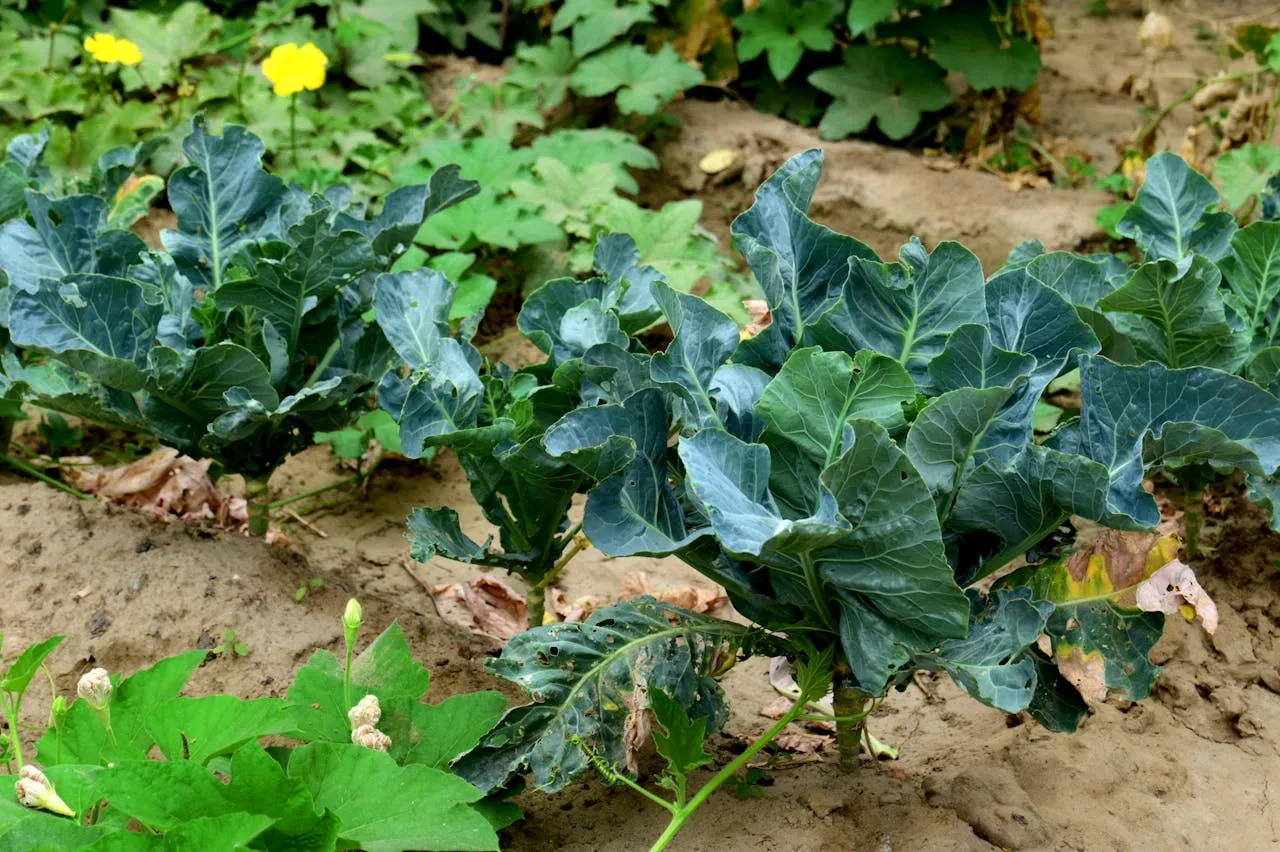Episode summary
In our discussion, data scientist Vincent "Vinny" Ricciardi challenges the assumptions and evidence that are built into food systems debates. We talk about a few of the recent papers that Vinny co-authored, including one that asks how much of the world’s food supply is produced by smallholder farmers, a 50-year meta-analysis that compares how do small and large farms size up in terms of yields and biodiversity impact, and whether smallholders actually have access to broadband to become part of a data driven farming future.
About Vincent Ricciardi
Vincent “Vinny” Ricciardi is a senior data scientist at Premise Data. Currently, he focuses on leveraging crowdsourced data from over 100 countries and 2.6 million contributors to inform public policy.
Equipped with a PhD in Resource Management & Environmental Studies from the University of British Columbia, Vinny has over 10 years of applied research experience. Since his start as a field scientist collecting biodiversity data, he has compiled and managed global-scale databases, led analyses for a wide range of stakeholders, and published in high-impact academic journals.
Background reading and resources
Vincent Ricciardi’s work
Articles
Higher yields and more biodiversity on smaller farms (Vincent Ricciard et al., 2021)
Impact of transnational land acquisitions on local food security and dietary diversity (Marc Müller et al., 2021)
How much of the world's food do smallholders produce? (Vincent Ricciardi et al., 2018)
The global divide in data-driven farming (Zia Mehrabi et al., 2020)
More
Arc Story Map: A quick look across different country borders to how policy affects farm size (Vincent Ricciardi, 2021)
Blog post: How much of the world do small farms produce? (Vincent Ricciardi, 2018)
Spreadsheet tracking the 70% smallholder statistic (Started by Vincent Ricciardi)
Vincent Riccardi’s UBC colleagues at the Land Use and Global Environment lab
A blog post by Navin Ramankutty (2021) that discusses the origin of the '70% of the world's food is produced by smallholders' statistic, which belongs to a bigger question: Are small farms better?
Vincent’s colleagues paper looking at the assumptions behind organic agriculture: Comparing the yields of organic and conventional agriculture (Verena Seufert et al., 2012)
A synthesis paper on assumptions behind organic, small farms, and urban ag: Tradeoffs in the performance of alternative farming systems (Navin Ramankutty, Vincent Ricciardi, and Verenea Seufert, 2019)
A blog series on challenging assumptions in the food system from Vincent’s former UBC lab
The research gate discussion on small farms tracking the origins of the 70% worlds food statistic
Other studies supporting that smallholder’s contribution to global food supply is under 70%
Subnational distribution of average farm size and smallholder contributions to global food production (Samberg et al., 2016)
Farming and the geography of nutrient production for human use: a transdisciplinary analysis (Herrero et al, 2017)
Which farms feed the world and has farmland become more concentrated? (Lowder, Sanchez and Bertini, 2021)



Comments (0)